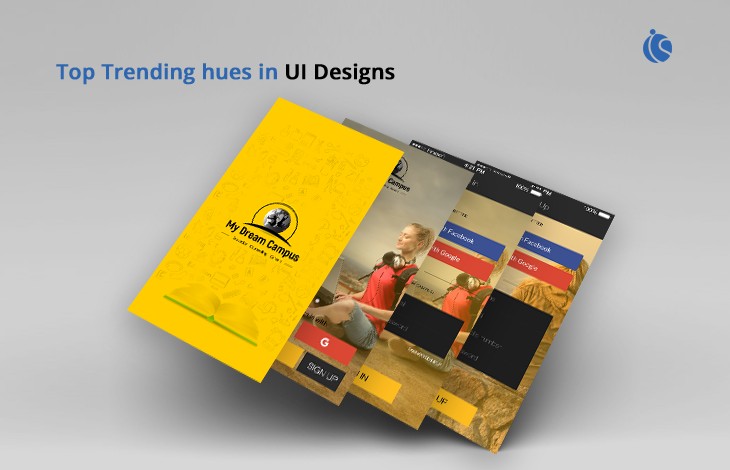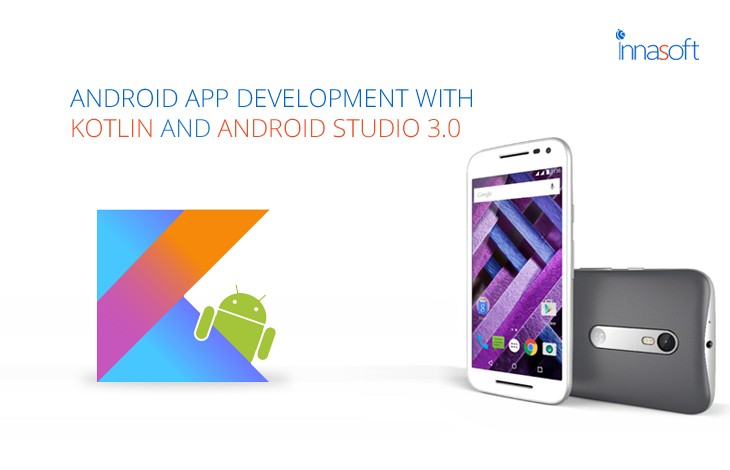BLOG DESCRIPTION

Hybrid Apps To Native App- Upheaval In Mobile Application Development
During the evolution of internet; websites are the main target by every enterprise later mobile applications conquered the trend with interactive apps. Mobile applications offered engaging user experience and lots of fruitful benefits in customer interaction. It mainly enabled a fingertip reach by capturing the target audience every day with lots of deals. Instant notifications, deals, suggestions, seasonal sale drag the customers to access mobile applications for availing instant support. Now the dilemma have been raised in the company sectors whether to build native apps or hybrid apps. There is a lot of difference in native and hybrid both comes with pros and cons. When you hire a mobile application development company for app building they would suggest native apps for high performance and much more benefits.
Let’s go a glance on Hybrid apps verses native apps in business field
Hybrid Vs Native apps
Hybrid apps are one of the easiest methods in mobile application development since one no need to code separately for every OS. But in native apps separate coding is required for Android, windows and IOS. Because each operating system includes different programming language hence it is necessary for native apps to be coded separately in every language. Like world trending apps like Facebook, YouTube are coded in native applications for effective user interaction. Most of the corporate that are emerging to the bigger market will prefer native apps mostly.
Budget structure that ideally require based on app development type
Hybrid apps are budget friendly and cheaper comparing to the native apps that is why majority of the Indian companies are preferring hybrid apps. Since hybrid apps reduce 30% of the expense comparing to the native apps. Because of the different coding platforms to each OS native app developments are always costly. But for start-up based companies and those who want to test their business in mobile applications can go with hybrid apps. At first, hybrid apps huge applause over the enterprises since it creates better platform in short timing that can be deployed in simple coding languages. Some companies have become successful by building their apps in hybrid like Baskin robins and sworkit.
Efficacy in user experience
There is a huge argument in recent years about hybrid apps about is performance, user experience, scalability and UI designs. Since hybrid is cheaper only fewer options can be added to it. We cannot personalize the application much with UI designs, animations and all. More importantly it is not a scalable for the companies that want to grow bigger has to seek native apps for personalised appeals. Hybrid apps will not create a great impression to the users since the features are very less. The developers of hybrid apps are working to improve efficacy by brainstorming the flaws in hybrid apps.
Vulnerability factor
Native apps are always scalable and provides more security to the applications since they are coded in own application language their performance will be higher. Hybrid apps are like artificial ones deployed for smaller budget they won’t offer more performance and security to the applications. Potentially native apps are beneficial if you consider your business to be enhanced further through mobile application. There are some flaws that occur commonly in hybrid apps that can’t be rectified even though you work on it. That’s why most of grown up enterprises prefer native apps rather than hybrid ones.
Switching over to the native apps
Most of the startup companies begin their service with hybrid apps but once you grown up and have enough money for establishing a better one. Then revitalise your mobile application by switching over to the native apps. It is not a mandatory to switch from hybrid but if you have choice you can better go with high quality ones to render effective user experience.






